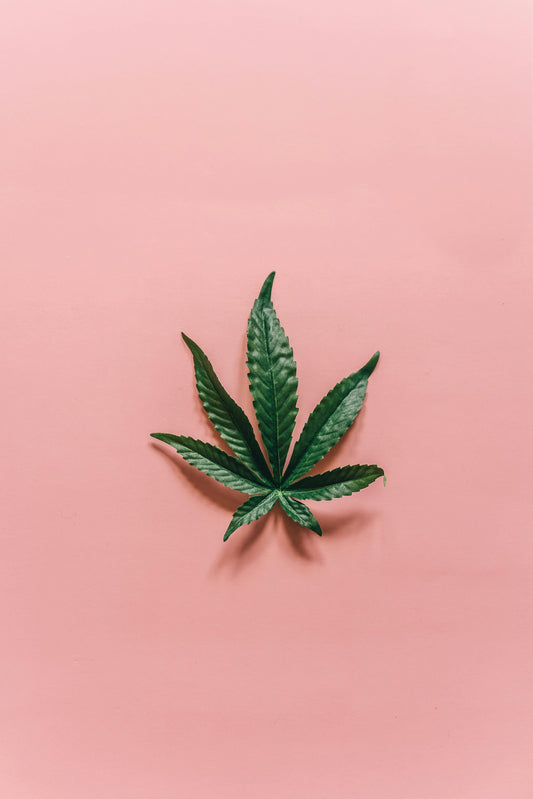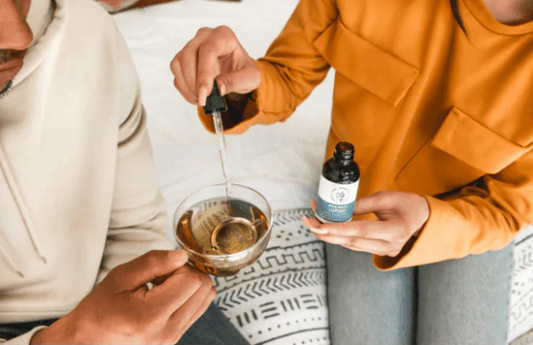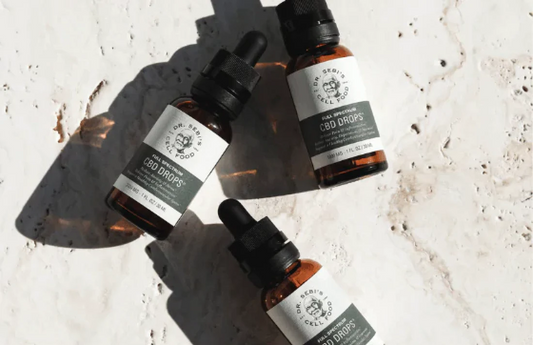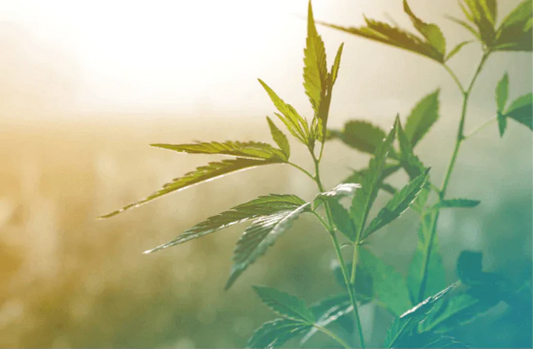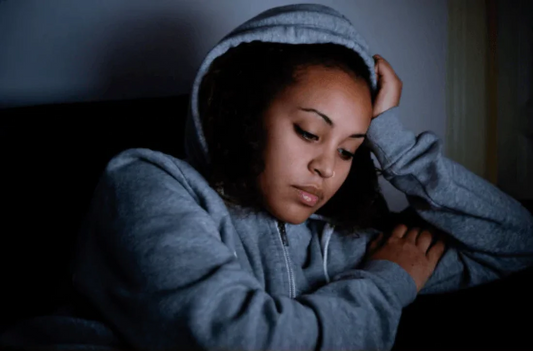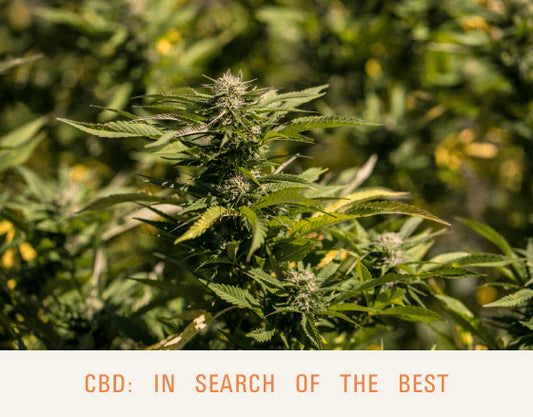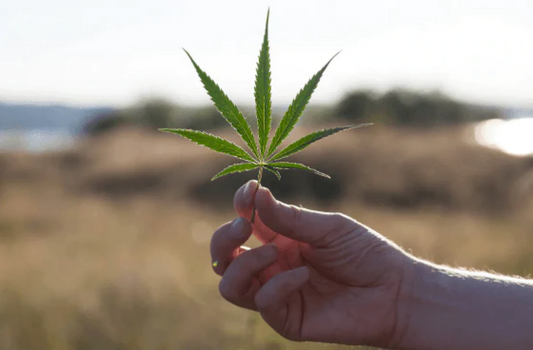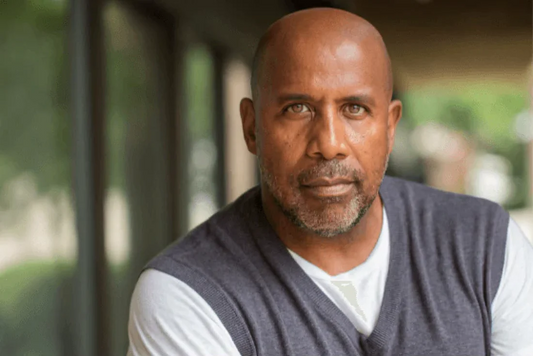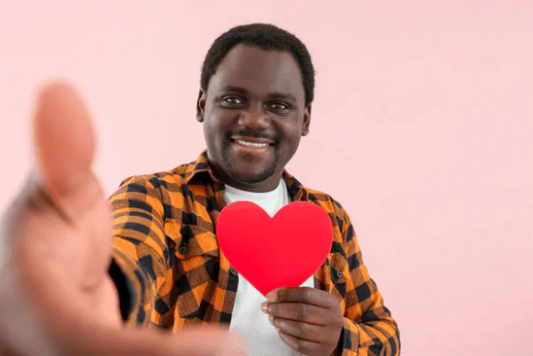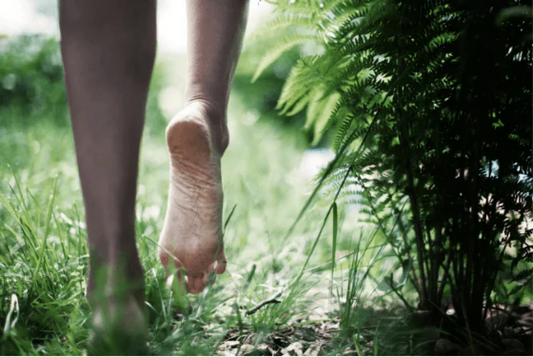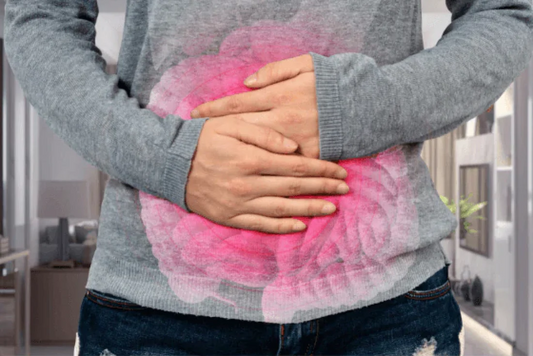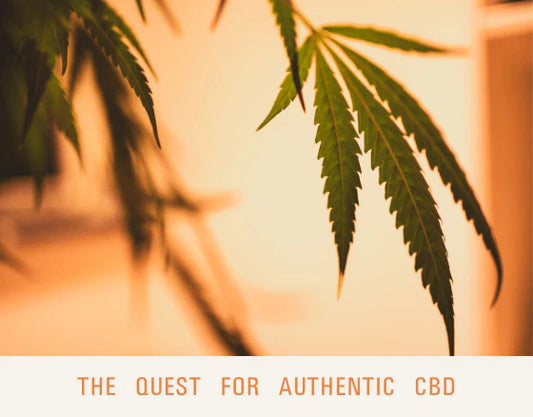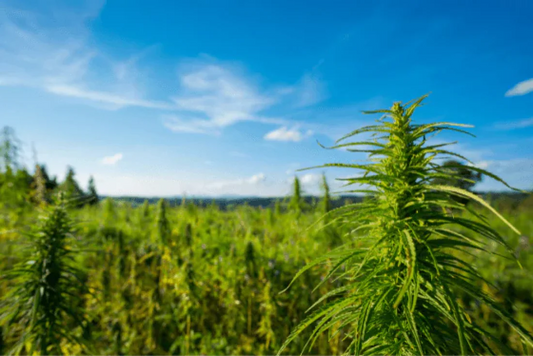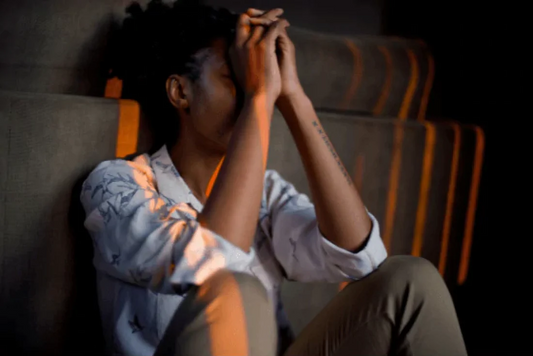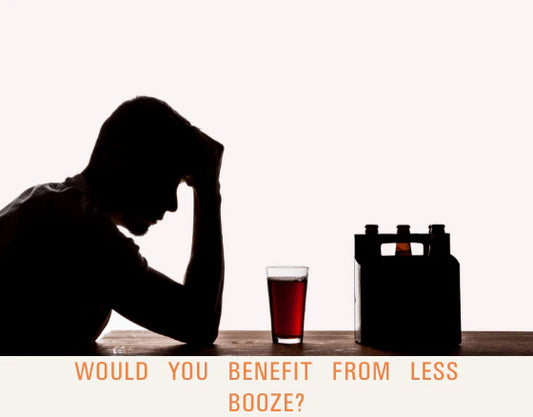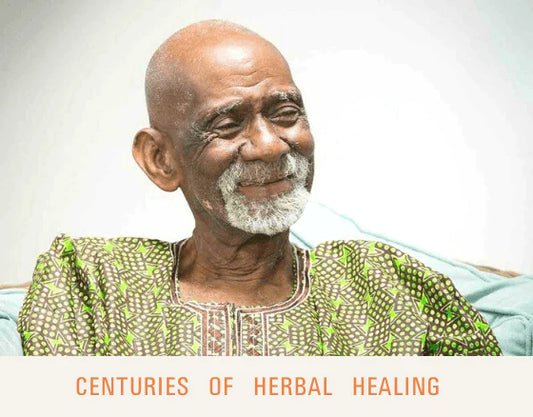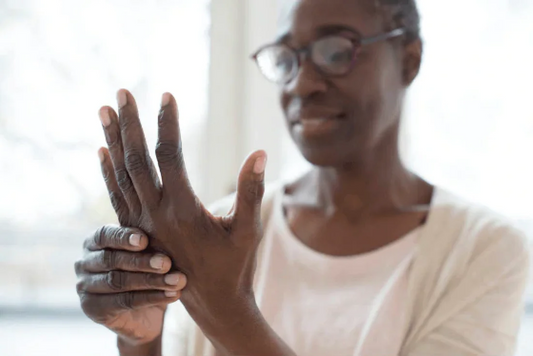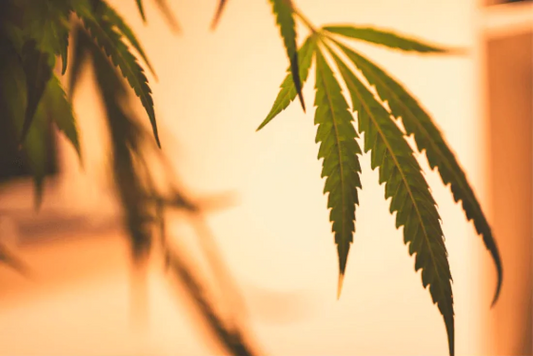Sadly Post Traumatic Stress Disorder (PTSD) impacts the lives of 4% of the US population. It often affects soldiers and veterans that have been through war, but PTSD can happen to anyone who experienced a deeply traumatic event, including children.
Stop stress building up in your life, and let go more easily with Dr. Sebi’s Full Spectrum Hemp-CBD. Rich in polyphenols and phytocannabinoids that help ease the distressing symptoms of PTSD.
“You could have all the money in the world and if you do not have peace, then acquiring money is of no avail.” - Dr. Sebi.
What is PTSD?
PTSD is a mental condition occurring after people experience or witness a terrifying, disturbing or life-threatening event. The traumatic experience could be:
- Accidents like car crashes
- Death of a loved one
- Domestic violence
- Severe Injury
- Military service
- Natural disasters
- Emotional Neglect
- Extreme Poverty
- Physical assault
- Sexual abuse
- Sudden illness
The trauma induces a ‘fight, flight or freeze’ stress response; the heart beats faster, non-essential functions are shut down to preserve energy, and the brain releases stress hormones (cortisol and adrenaline). PTSD occurs when the brain fails to shut off this response. It continues to ‘replay’ the experience mentally causing emotional and physical reactions.
Symptoms of PTSD
Symptoms typically start a few months after the traumatic episode, but sometimes they don’t manifest for years. A person with PTSD can have several of the following symptoms:
Mental Symptoms
- Hyper vigilance of surroundings and people
- Helplessness and a sense of being lost
- Mistrust of others and difficulty trusting
- Alienation, loneliness and feeling out of place
- Isolating themselves from others
- Flashbacks to the traumatic event
- Nightmares and vivid bad dreams
- Intrusive thoughts and memories
- Self-harming thoughts or hallucinations
- Loss of interest in life or hobbies.
Emotional Symptoms
- Outbursts of anger over trivial things
- Heightened irritability and anxiety
- Being tense and on edge
- Numbness of emotions
- Chronic guilt or survivor’s guilt
- Increased clinginess in children
Physical Symptoms
- Poor sleep and difficulty getting to sleep
- Self-destructive behaviors like drugs and alcohol
- Difficulty performing everyday tasks
- Increased risk of heart disease
- Headaches or dizziness
- Hyperventilating or fainting
- Chest Pain or digestive issues
- Bed wetting in children
How long these symptoms last depends on the individual case of PTSD. Some people recover in as little as six months, while others suffer for years. The latter, chronic type is known as complex PTSD.
PTSD & The Brain
PTSD damages the brain physically making it look like it’s been in a car accident, but the damage is being done internally.
The Amygdala is the brain’s alarm system warning us of dangers, but when a person has PTSD this alarm system becomes over-sensitive and gets easily triggered, for example in response to loud noises or smells that are associated with the original trauma.
The Prefrontal Cortex is responsible for long term thinking and critical thought. It also puts the ‘brakes’ on when the amygdala alarm system is activated when it is sure there’s no real danger. With PTSD this ‘braking’ mechanism is limited or disabled – removing the inner voice of reason to tell a person they’re overreacting.
The Hippocampus is the memory center thought to be responsible for the intrusive thoughts associated with PTSD. Because the experience was so overwhelming, the information isn’t properly stored (memorized) and fragmented memories can get repeated as the hippocampus tries to make sense of it.
The Hypothalamus coordinates the stress response and releases hormones like cortisol and adrenaline. With PTSD, the hypothalamus shrinks and releases more stress hormones. This increases the amount of fear and stress experienced by a person with PTSD.
6 Tips for Overcoming PTSD
1. Nutrition - A 2020 study from University of Toronto discovered that adults who consumed two to three sources of fiber everyday have a decreased risk of PTSD symptoms after a traumatic event. The same study found that eating sugary processed foods increases the risk of PTSD. It’s no surprise then that PTSD has also been linked to low quality diets and stress-related eating disorders.
Consuming the natural, whole foods in Dr. Sebi’s Nutritional Guide helps to reduce the underlying mechanisms of PTSD: inflammation, oxidative stress, and disruption of the gut microbiome. All of these issues are improved by consuming the mineral, antioxidant and phytochemical-rich alkaline foods Dr. Sebi recommended.
2. Therapy - Often a person with PTSD needs outside help to overcome their condition. Reaching out to a therapist, counselor or mental health specialist may be necessary.
- CBT (Cognitive Behavioral Therapy) has proven to be very effective. CBT focuses on breaking down the thoughts, feelings and physical sensations of the trauma into manageable parts that are easier to process and “digest.”
- Exposure Therapy gets people to face the fears of the trauma by putting them in a place or giving them an object that evokes powerful feelings about the original trauma, or discussing the traumatic episode in detail so that it holds less power over the individual.
- EMDR (Eye Movement Desensitization and Reprocessing) Therapy involves having the patient focus attention on physical movement or sensations (like breath, sounds or hand movements) while they recall the trauma and talk about it openly. This process grounds their attention in order to help the brain work through the traumatic memories.
3. Mind-Body Practices - Practices like meditation, Yoga, Tai Chi and Qigong have been shown to reduce the symptoms of PTSD through a combination of controlled breathing, focusing on mind and body simultaneously, slow and deliberate physical movements, and mindfulness.
All of these practices promote feel-good neurotransmitters being released in the brain that counteract the effects of stress and foster greater relaxation. Qigong in particular increases the parasympathetic nervous system that should relax us after stressful events.
4. Self-Care – Taking good care of yourself is of the utmost importance when overcoming PTSD. Make sure your needs are met:
- Eat alkaline bio-electric foods.
- Exercise regularly.
- Sleep well (7-9 hours every night).
- Making time for relaxation.
- Spend time with good friends.
- Take walks in nature.
5. Human Connection - One of the factors influencing recovery from PTSD is relationships. Reach out to trusted friends and family, hire a therapist, or join a support group. You don’t have to suffer alone.
6. Try CBD - Chronic stress reduces the body’s natural endocannabinoid levels. Fortunately, CBD increases endocannabinoid levels and the production of anandamide, the ‘bliss molecule’ that stimulates feelings of happiness and wellbeing. Research has proven CBD an effective way to reduce symptoms of PTSD.
Therapeutic cannabinoids and terpenes bring tranquility to your mind and body, enhance feelings of wellbeing as well as relaxation, calmness and focus. If you’re interested in healing with CBD then try the best quality with Dr. Sebi’s Full Spectrum products.
Our bodies have a remarkable capacity for healing, when we do the right things. Trust that your mind wants to heal, and you will find the way to greater control and true understanding of your unique place in the world.



